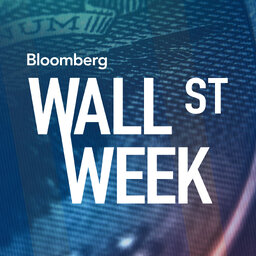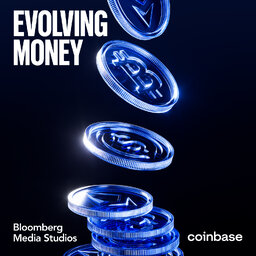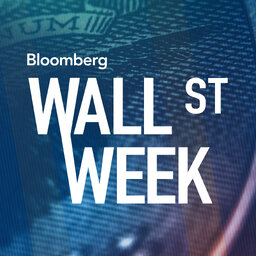Bloomberg Wall Street Week - August 23rd, 2024
On this edition of Wall Street Week, Former US Treasury Secretary Lawrence H. Summers says that the Fed has recovered after making an egregious mistake on inflation. Key Square Capital CEO Scott Bessent says that US markets now resemble emerging markets. Cato Institute Technology Policy Senior Fellow Jennifer Huddleston makes the case for Google's search dominance. Citi US Equity Strategist Scott Chronert outlines the tail risks facing US equities.
In 1 playlist(s)
Wall Street Week
Wall Street Week tells the stories of capitalism from around the world, hosted by David Westin in Ne…Social links
Follow podcast
Recent clips

Japan’s New Horizon: Investment Opportunities, Corporate Transformation and the Private Capital Boom
48:00

Evolving Money: Blue Chip Meets Blockchain (Sponsored Content)
16:48

Rattner on Manufacturing, High Cost of US Public Buses, Milan’s Boom
48:01
 Wall Street Week
Wall Street Week